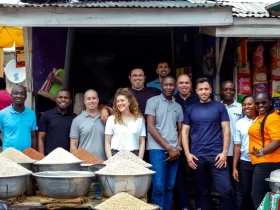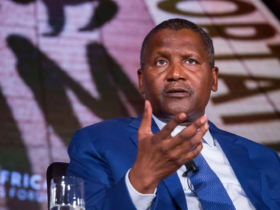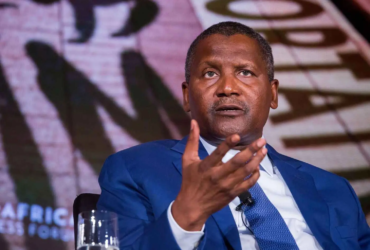Ghana’s economy experienced a remarkable growth of 6.9% year-on-year in the second quarter of 2024, marking the fastest growth rate in five years. This robust expansion is attributed to advancements in several key sectors, as reported by the country’s statistics agency on Wednesday.
A Significant Recovery
This impressive growth signals a notable recovery for Ghana, a major producer of gold, oil, and cocoa, which has been facing its most severe economic crisis in a generation due to soaring public debt. Government statistician Samuel Kobina Annim highlighted that this growth rate is the highest recorded since the second quarter of 2019, driven primarily by strong performance in the extractive sector.
Sector Performance
Ghana’s overall industrial sector rose by 9.3%, spurred by mining and quarrying activities. The gold sector, in particular, thrived, expanding for the third consecutive period by an impressive 23.6%. In addition, the services sector grew by 5.8%, while agriculture saw a 5.4% increase during the same period.
Challenges in Cocoa Production
Despite the positive trends, the cocoa sector—Ghana being the world’s second-largest producer—contracted for the fourth consecutive quarter, experiencing a significant decline of 26.2%. This downturn highlights ongoing issues related to disease and adverse weather conditions impacting crop yields.
Debt Restructuring Efforts
This economic rebound comes at a critical time as Ghana restructures its debt. The government has invited holders of approximately $13 billion in international bonds to swap their holdings for new instruments after reaching a preliminary agreement with two bondholder groups. Bondholders have until September 30 to accept this offer, with those agreeing before an early deadline of September 20 eligible for a 1% consent fee.
In summary, while Ghana celebrates a significant growth milestone, ongoing challenges in specific sectors and the need for financial restructuring remain vital issues for the country’s economic future.
Source: CNBC Africa


















